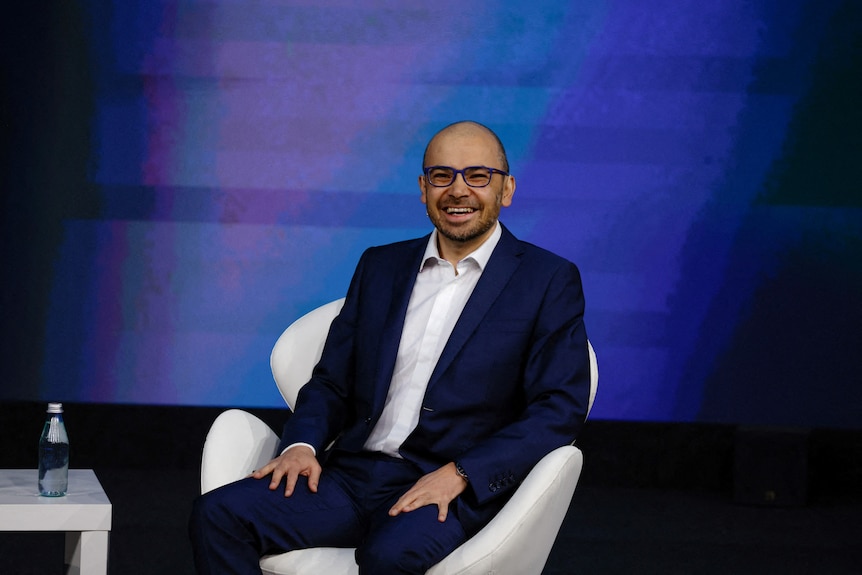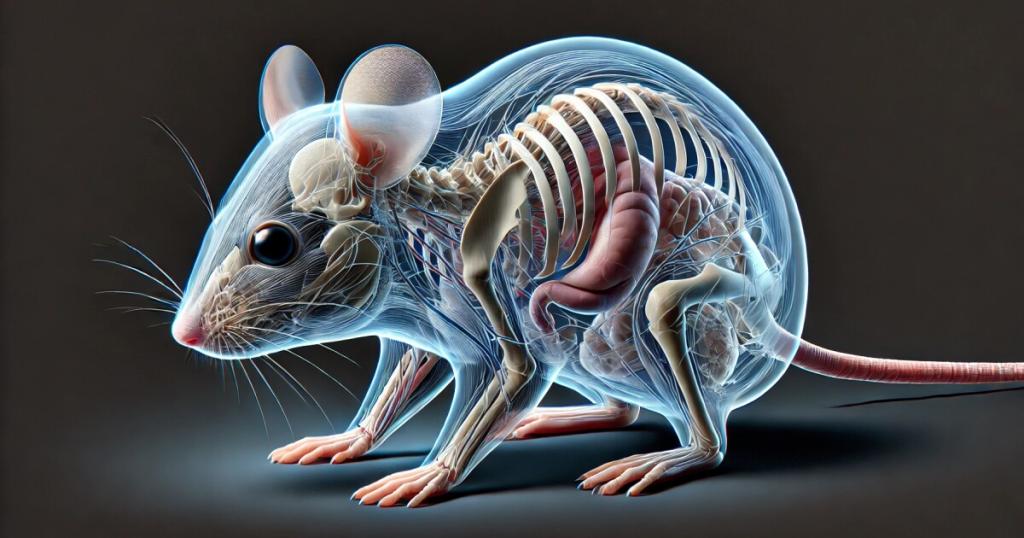Revolutionizing Protein Research with AI and Computational Biology
Explore how Nobel winners David Baker and his team are transforming protein research through AI and computational biology, unlocking new possibilities for medicine.

Key Points
- David Baker, Demis Hassabis
, and John Jumper won the 2024 Nobel Prize in Chemistry for their groundbreaking work in protein research using computational biology and AI.
- Baker's innovations in computational protein design have potential applications in pharmaceuticals and vaccines, significantly impacting healthcare.
- Hassabis and Jumper's AI model can predict the structure of nearly 200 million proteins, vastly accelerating biological research and drug discovery.
The field of computational biology has been electrified by the recent announcement that scientists David Baker, Demis Hassabis, and John Jumper have been awarded the 2024 Nobel Prize in Chemistry. This prestigious acknowledgment shines a spotlight on their revolutionary work in understanding and manipulating proteins—one of the fundamental building blocks of life. Their innovative approaches not only solve long-standing scientific challenges but also pave the way for remarkable advancements in medicine, biotechnology, and materials science.
The Pioneers Behind the Prize
David Baker, from the
, received half of the Nobel Prize for his outstanding contributions to “computational protein design”. Since 2003, he has been at the helm of pioneering initiatives that create entirely new proteins, utilizing advanced computational tools. His work, exemplified by the Rosetta software, has led to the design of proteins that could serve as pharmaceuticals, vaccines, and even tiny sensors.

On the other hand, Demis Hassabis and John Jumper, both from Google DeepMind, shared the remaining half of the award for their impressive achievement in “protein structure prediction”. They developed an artificial intelligence model capable of accurately predicting the three-dimensional structure of almost all known proteins, a feat long considered the “grand challenge” of biochemistry.
Transforming Scientific Paradigms
What makes the research of Baker, Hassabis, and Jumper particularly significant is the tremendous impact their findings hold for multiple disciplines. For instance, Baker’s protein designs have potential applications that extend across various medical fields. Imagine developing tailored vaccines or sophisticated drug delivery systems that could dramatically change how we combat diseases! The realization of such applications enhances our optimism about the future of healthcare.
Hassabis and Jumper's AI model, which can predict the structure of nearly 200 million proteins, has the potential to unlock new insights into biologically important processes and diseases. For years, determining a protein's structure was a labor-intensive process, often taking months or even years. However, their AI-driven approach significantly reduces that timeframe to mere minutes, unveiling a treasure trove of possibilities for drug discovery and therapeutic interventions.

A Future Full of Possibilities
This recent Nobel Prize highlights a broader trend in scientific research where interdisciplinary collaboration is proving essential. The convergence of biology, chemistry, and computer science reflects a paradigm shift, enabling researchers to tackle complex biological questions that were previously out of reach.
Moreover, this recognition brings attention to the need for sustained investment in research and education in computational sciences. With the rapid advancement of technology, young scientists are encouraged to embrace these tools, fostering innovation and creativity in their approach to science. Encouraging young minds to engage in this ever-evolving field could bring about the next wave of breakthroughs!
An Encouraging Step Forward
The achievements of Baker, Hassabis, and Jumper shouldn't merely be celebrated as individual accomplishments but as milestones in a collaborative effort to enhance human health and understand biological processes. As they prepare to receive their awards in December, we are reminded of the power of curiosity and ingenuity in driving scientific progress forward.
In summary, the awarding of the 2024 Nobel Prize in Chemistry to these three pioneering scientists underscores the critical advancements in protein research and computational biology. Their extraordinary work transforms our understanding of life’s fundamental mechanisms and opens doors to groundbreaking applications across various scientific fields. As we continue to embrace technology in science, the horizons of possibility only widen.

